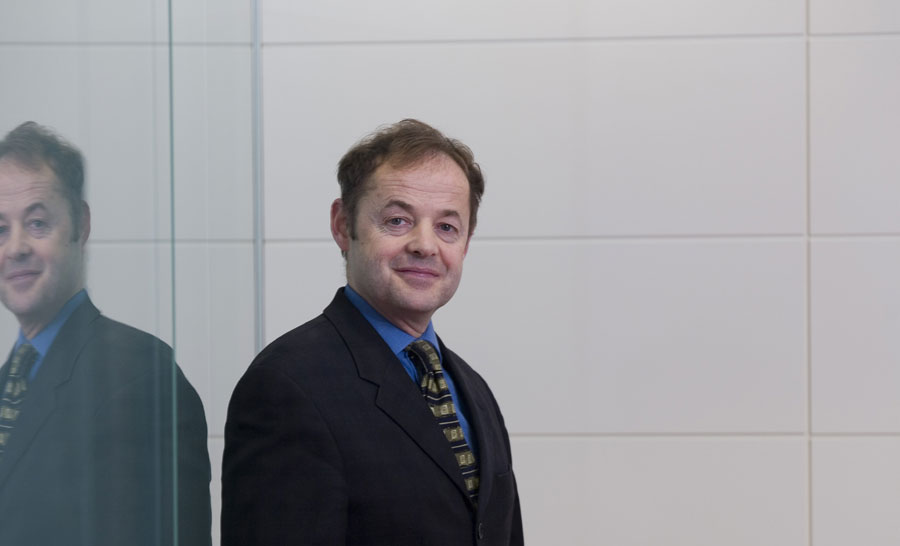A criminal gang involved in identity theft and tax fraud, a company director involved in VAT fraud, and rogue traders were amongst cases of reported fraud in Dorset and Hampshire last year, according to BDO’s FraudTrack research.
Money Laundering
New research from BDO LLP, the accountancy and business advisory firm shows that both the total value and number of reported cases of money laundering in the UK[1] has surged. The latest FraudTrack report, which examines all reported fraud cases over £50,000 in the UK, finds that the total value of reported money laundering related to fraud offences has risen to £288m compared to £70m in 2012 representing a total value increase of over 309% on the prior year. The actual number of reported money laundering cases meanwhile has also risen from 33 in 2012 to 39 in 2013.
One of the largest cases of reported money laundering in Hampshire related to the discovery of £495,000 of cash in a lorry at Portsmouth continental ferry terminal destined for Bilbao, Spain.
Mike Mason, director of Forensic Accounting in Southampton commented: “Money laundering is a global problem and the latest figures could be seen as encouraging as it shows organisations are placing greater importance on systems and controls for the detection of money laundering and in sectors such as financial services, regulatory pressures are working. It’s not just one agency that is responsible for detecting money laundering with organizations such as the Financial Conduct Authority, HMRC, the Law Society, etc. applying different levels of focus on anti-money laundering. The nature of money laundering is to hide assets that have originally derived from proceeds of crime and to make them appear legitimate. Fraudsters are using increasingly complex systems to launder proceeds of crime”.
Fraud in Financial Services
In terms of sectors, fraud in the Financial Services industry now accounts for 51% of all reported fraud in the UK[1] by value and over 25% by number of reported cases. BDO’s FraudTrack finds that while the total amount of fraud has fallen from £1.37bn in 2012 to £1.05bn in 2013, the total value of Financial Services fraud has risen from £473m in 2012 to £532m in 2013, with the number of frauds in the sector rising from 122 in 2012 to 132 in 2013. BDO believes that the increase in value and number of frauds reported in the sector can be attributed to increased regulation and compliance driving greater transparency.
BDO’s Mike Mason added: “At face value, fraud in the Financial Services sector would appear to be on the march, however we need to give this context. We firmly believe that the ever increasing regulatory and compliance burden imposed on Financial Services firms by the Financial Conduct Authority and Prudential Regulation Authority means that fraud which historically may not have been reported, but rather dealt with privately in-house, is now coming out driven by a growing demand for transparency.”
Additional findings from the report
The 2013 FraudTrack report also shows that while the overall number of cases recorded continued to increase from 413 in 2011 to 416 in 2012 and 525 in 2013, the average value of frauds has continued to fall from £5.1m in 2011 to £3.3m in 2012 and £2.0m in 2013.
Sector breakdown:
The top three industries most susceptible to fraudulent activity are:
· Finance and Insurance (£532m)
· Public Administration (£150m)
· Other Services (except Public Administration) (£93m)
Types of fraudulent activity:
1) Money Laundering – £288m (27.4% of all activity)
2) Third party fraud – £209m (20.0% of all activity)
3) Unauthorised use/ misuse of assets – £76.6m (14.1% of all activity)
4) Tax fraud – £142m (13.5% of all activity)
5) Employee fraud – £77.8m (7.4% of all activity)
6) Corruption – £75.8m (7.2% of all activity)
7) Mortgage fraud – £75.6m (7.2% of all activity)
Mike Mason concluded: “It is very surprising that the total value of fraud is down when the number of reported frauds has risen so steeply. Usually driven by greed, the consensus view is that fraud is increasing, but it is always very difficult to quantify given the general lack of reporting of fraud across different sectors in the UK. Unless it is easy to quantify and explain in court, many frauds do not get brought to trial.






















